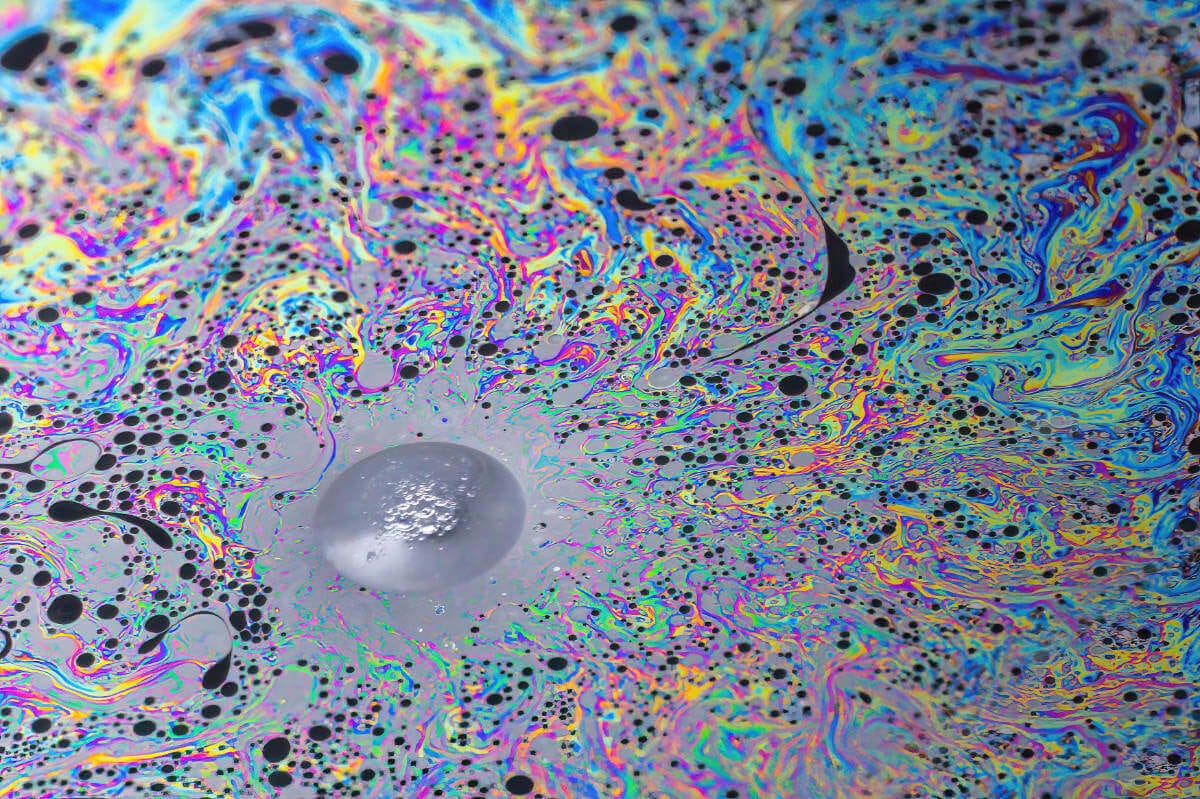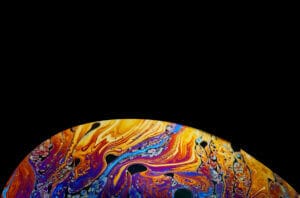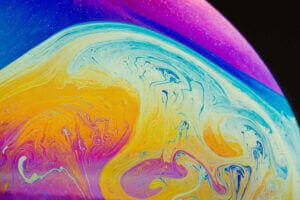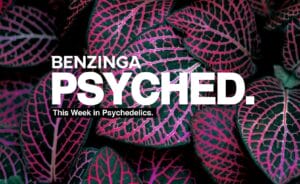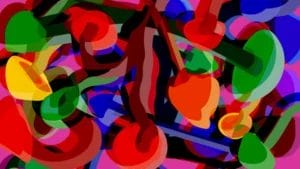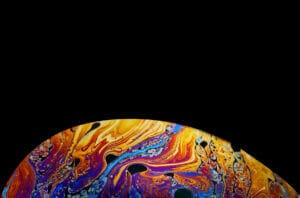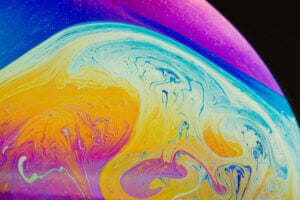Depending on who you ask, the psychedelics are a boon to psychiatry, a menace to society, or a gateway to another realm. The most well-known members of the group are LSD, DMT, mescaline and psilocybin. LSD was discovered in 1943, but the others are produced by plants and fungi, and have been used by various cultures to induce altered states of consciousness for hundreds or thousands of years.
Psychedelic trips are highly variable and difficult to describe, but typical features include distorted perception or hallucinations, an altered sense of space and time and a loss of the normal boundaries of personhood, often accompanied by euphoria. The drugs have very little effect on physiology, and do not generally cause addiction or death from overdose.
The term psychedelic, from the Greek for “mind-manifesting”, was coined by Humphry Osmond, a British psychiatrist working in Canada in the 1950s. “To fathom hell or soar angelic / Just take a pinch of psychedelic,” he wrote in a letter to the writer Aldous Huxley. Osmond had introduced Huxley to mescaline, and Huxley went on to write The Doors of Perception about his psychedelic experience.
At the time, there was much excitement in the world of psychiatry about the power of these drugs to shake people out of troubled mental states. Osmond was particularly interested in using them to treat alcohol addiction, and saw abstinence rates in his patients of 40 to 45 per cent – better than those achieved by other therapies.
Others were interested in using psychedelics to induce experiences that feel deeply meaningful, and perhaps mystical. In a notorious experiment at Harvard University in 1962, nine out of 10 Christian volunteers given psilocybin had a spiritual experience, measured by a structured set of criteria, compared with one out of 10 who took a placebo.
When recreational use of LSD took off in the 1960s, psychedelic became the label for a whole subculture that built up around the drug, inspired by Huxley, psychologist Timothy Leary, poet Allen Ginsburg and others. Soon LSD was made illegal, and scientific research on the substances fell out of favour.
Since the 1990s, interest in psychedelics has experienced a revival. Neuroimaging studies have revealed how they work in the brain, reducing connectivity between areas that control perception and cognition. Clinical trials have explored using therapy with psilocybin to treat depression, addiction and other mental health conditions. The South American psychedelic plant brew ayahuasca has also been investigated as a depression treatment.
The drugs are still illegal in most of the world, but two US cities, Denver and Oakland, voted to stop law enforcement agencies from targeting psilocybin users in 2019, effectively decriminalising it. Sam Wong

